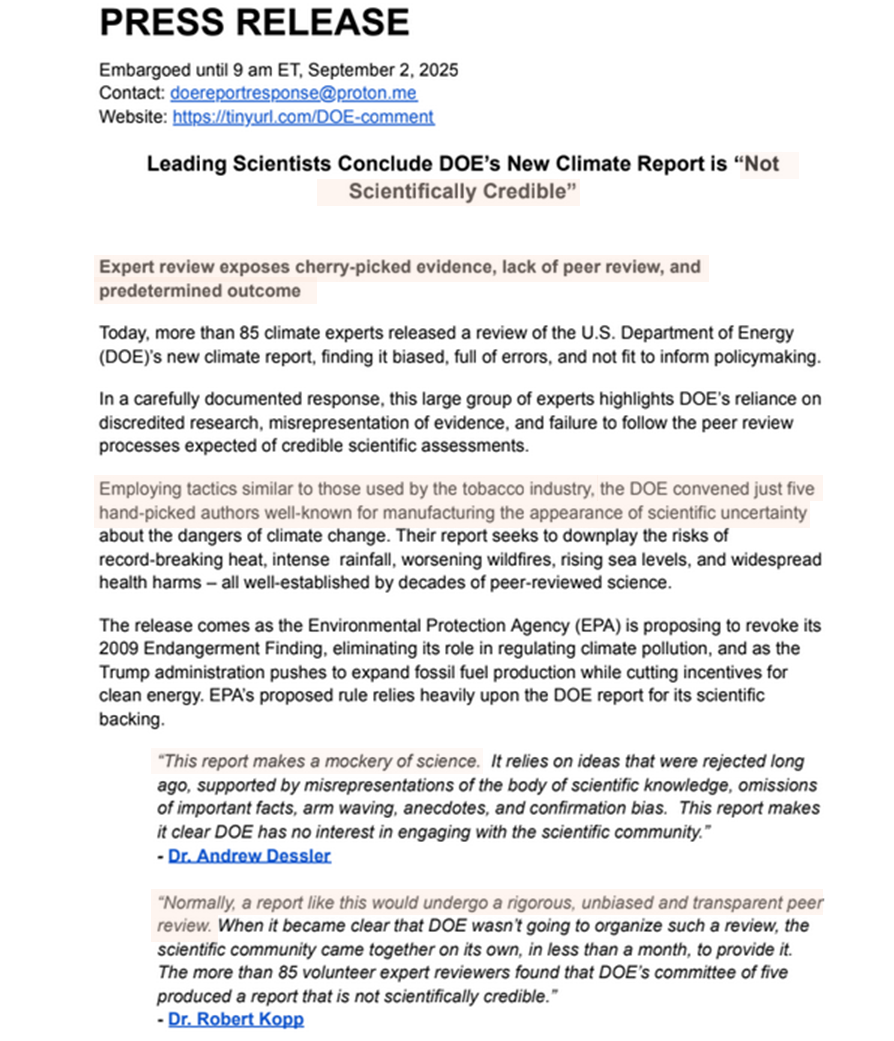The Silent Killers in #IndianCountry: #Copper, #Lithium, #Uranium and #Plutonium
Judge finds plutonium plants in #NewMexico and #SouthCarolina violated environmental laws
By #BrendaNorrell, #CensoredNews, Oct. 10, 2024
"The U.S. government's plan for increased plutonium production at #LosAlamos National Laboratory, in the heart of Pueblo lands in northern New Mexico, has been delayed by a federal judge.
"Continuing the U.S. legacy of poisoning Indian country with #radiation, this comes as the U.S. government is granting leases to foreign #mining companies targeting Native #sacred lands and communities.
" #CopperMining is targeting San CarlosApache's sacred #OakFlat; #Hualapai are suing the US Department of Interior to halt lithium mining at their sacred spring Ha'Kamwe'; and the U.S. government is promoting the ongoing digging into the #Paiute Massacre Site in northern Nevada for #lithium, in violation of all federal laws that protect Native religious and historic sites, the environment and endangered species.
"Uranium mining in the Grand Canyon threatens #Havasupai's aquifer, the haul route endangers everyone in the Four Corners region, and the uranium mill at White Mesa Ute in #Utah is poisoning #Utes.
"Interior Sec. #DebHaaland said in Farmington, N.M., that Los Alamos Labs would be the leader in the so-called ' #GreenEnergy transition' in the #FourCorners region.
"More than 500 radioactive #UraniumMill sites remain on the #NavajoNation that have not been cleaned up by the U.S. #EPA, which deceives the public by announcing plans and promises to clean up the #ColdWar sites.
"In the current federal lawsuit, a federal judge in South Carolina ruled that U.S. energy officials illegally neglected to study impacts to the #environment in efforts to increase plutonium production for nuclear weapons in New Mexico and South Carolina.
"'South Carolina District Court Judge Mary Geiger Lewis sided with environmental, #AntiNuclear proliferation and community groups last week who sued the National Nuclear Security Administration ( #NNSA), which oversees the nuclear weapons stockpile as part of the U.S. Department of Energy [ #DOE],' reports Source New Mexico.
"The U.S. is investing billions into restarting the manufacture of #PlutoniumPits, the grapefruit-sized spheres developed for #nuclear weapons. The plutonium is produced from uranium.
"'The federal government halted its manufacturing program at the #RockyFlatsPlant in #Colorado in 1989 after an FBI raid due to safety concerns and #EnvironmentalCrimes,' Source New Mexico reports.
"The U.S. government's #AtomicBombTesting in #Nevada left a trail of cancer and death for #WesternShoshone. The documentary 'Downwind' reveals the truth.
"'This is a very serious issue and that's why I can't let it go. I can't move on. People say, 'oh, why don't you just let it go?' Because it's killing my family. It's killing my land. It's killing my people. And that will not stand. It's being done in secret. And killing Indians in secret will not stand,' said Ian Zabarte, Principal Man of the Western Bands of the #ShoshoneNation of Indians. Zabarte is featured in ' #Downwind' about radiation poisoning from U.S. #NuclearTests.
"Currently, foreign companies -- which receive the profits and find it easy to avoid clean up and responsibility for #environmental crimes and deaths from #cancer -- are receiving the mining leases from the U.S. government. The leases are granted by the U.S. Interior's Bureau of Land Management (BLM) and in the case of #UraniumMining in the #GrandCanyon, it is the USDA's Forestry Service. #Biden's attorneys have joined the lawsuit with #RioTinto to devastate #OakFlat.
"Australian and Canadian mining corporations are devastating Native lands and communities, poisoning the water and causing widespread cancer.
Rio Tinto, targeting Apaches #OakFlat, is an Australian company which destroyed 46,000 years of #Aboriginal sacred history in caves in #Australia.
"Another Australian mining company is targeting #Hualapai's sacred site. It is #Hawstone / #ArizonaLithium, in Perth, Australia.
" #EnergyFuels, now uranium mining in the Grand Canyon, and operating the uranium mill at #WhiteMesaUte, is a Canadian company. Another Canadian company is digging into the #Paiute Massacre Site. It is #LithiumAmericas.
#Hopi judge #DianeHumetewa granted a temporary restraining order to halt the lithium mining at #Hualapai's sacred spring."
Read more:
https://bsnorrell.blogspot.com/2024/10/the-silent-killers-in-indian-country.html
#NoUraniumMining #CopperMining #LithiumMining #NoMiningWithoutConsent #EnvironmentalRacism #NoWar #NoNukes #NuclearWeapons #RecycleCopper #RecycleLithium #WaterIsLife #NuclearWaste #DefendTheSacred #WhiteMesaMill #Ute #AtomicBomb #CulturalGenocide #Genocide #FirstNations #NativeAmericanNews #SuperfundSites #ToxicWaste #SaveOakFlat #OpenPitMining #Pollution #ReaderSupportedNews


